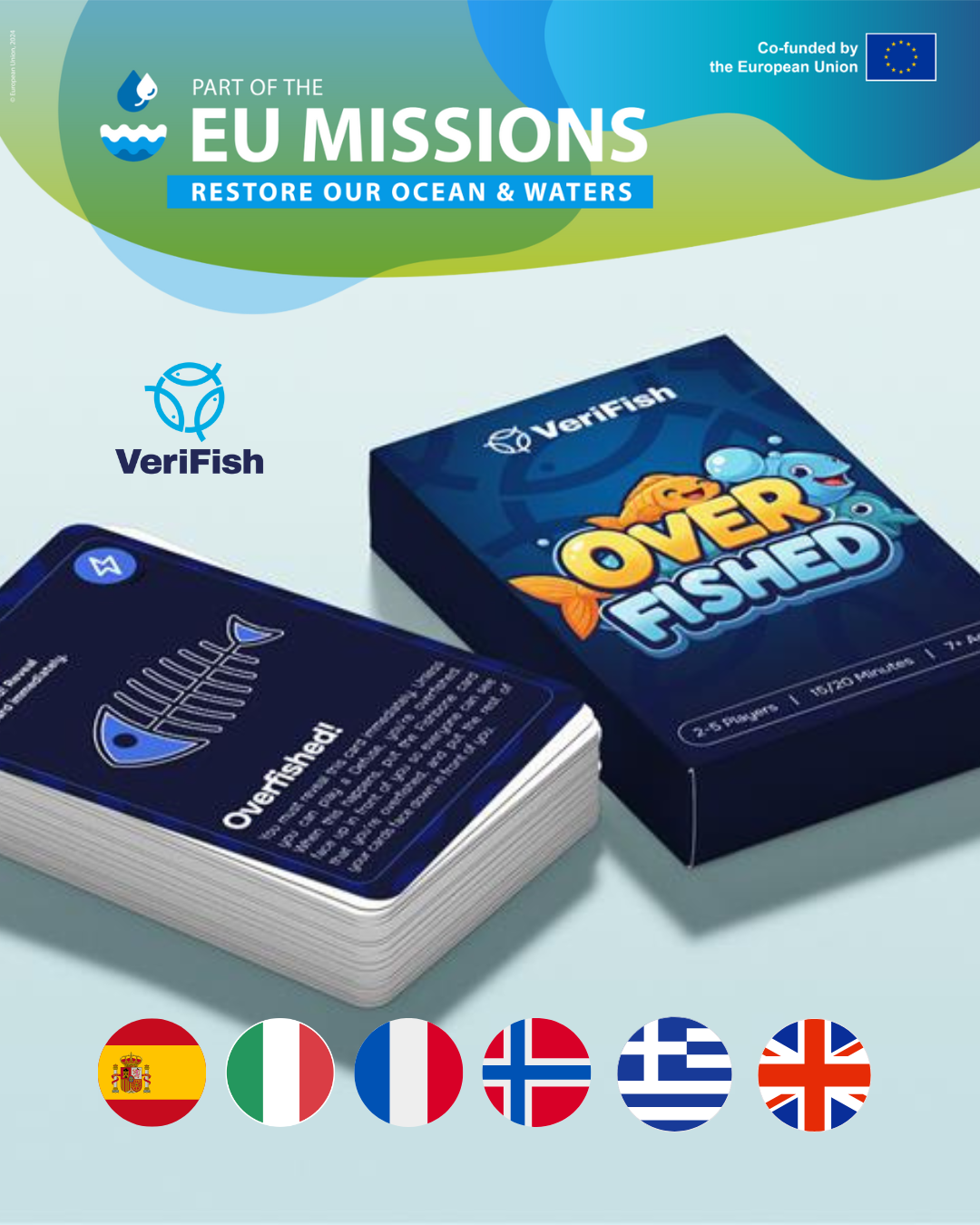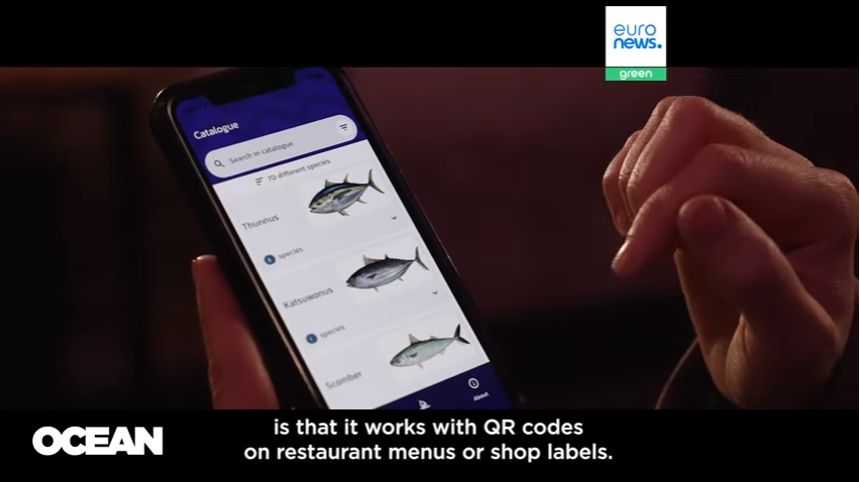A European Approach to a Global Challenge
Sustainability is no longer a distant ideal — it is a collective responsibility. In today’s Europe, consumers, producers, retailers, and policymakers are all increasingly aware of the urgent need to transition toward more responsible food systems. Yet, when it comes to seafood, one critical question remains: How do we effectively and consistently communicate sustainability across such a diverse and dynamic sector?
The VeriFish CEN Workshop Agreement (CWA) offers a pioneering response to that question. Through an ambitious European collaboration, the project is developing a Good Practice Recommendation that introduces verifiable indicators to guide how sustainability is communicated in seafood value chains — from ocean to plate.
On 24 June 2025, stakeholders from across Europe are invited to DG Byen in Copenhagen for the official presentation of the VeriFish CWA, where they will have the opportunity to engage, contribute, and build consensus on this important initiative.
The Need for Clear and Credible Seafood Communication
Seafood is one of the most globally traded food commodities, and also one of the most complex in terms of production systems, sourcing methods, and environmental impact. Despite growing demand for sustainable products, consumers are still confronted with fragmented, inconsistent, or overly technical sustainability claims.
This is where communication plays a vital role.
Without clear and trustworthy messages, even the most sustainable practices can fail to build consumer confidence or motivate behavior change. The stakes are high: miscommunication or greenwashing risks undermining trust, while under-communication misses the chance to inspire informed choices.
So, what does good communication look like?
The VeriFish CEN Workshop Agreement seeks to answer this through a structured, consensus-based process guided by the European Committee for Standardization (CEN). The aim is not only to harmonize communication, but to ensure it is scientifically robust, context-sensitive, and accessible to all stakeholders.
What the VeriFish CWA Proposes
At the heart of the VeriFish CWA are four key pillars — verifiable indicators that define what we communicate and how:
- Nutrition: Highlighting the health value of seafood products based on scientific evidence
- Sustainability: Addressing environmental impact, responsible sourcing, and production methods
- Provenance: Ensuring transparency in origin and traceability from catch or farm to consumer
- Biodiversity: Promoting awareness of species conservation, ecosystem health, and biodiversity protection
These indicators are meant to be practical — tools that support communication professionals, retailers, policy-makers, certification bodies, and producers in delivering meaningful messages that consumers can understand and trust.
Join the Conversation in Copenhagen
The presentation event on 24 June 2025 will take place in DG Byen, Copenhagen and marks the transition from development to discussion.
This half-day event is an open invitation to stakeholders from across Europe to:
- Engage with the experts, scientists, and organisations behind the VeriFish initiative
- Contribute to the refinement of the draft CWA through feedback and dialogue
- Build consensus that reflects the shared goals of European seafood actors
🕛 Time: 12:00–17:00
🌐 Remote Access: Available for registered observers only (no remote speaking slots)
Why This Matters
As Europe moves toward more sustainable and circular food systems under the European Green Deal and the Farm to Fork Strategy, the importance of standardized, science-based communication tools is only growing. The VeriFish CWA supports this momentum by offering a voluntary, open-access recommendation that can be adopted widely — without replacing existing certification schemes, but rather reinforcing them with clarity and consistency.
For seafood businesses, this is a chance to align communication practices with consumer expectations.
For civil society, it’s a way to promote transparency and accountability.
For policymakers, it offers a practical instrument to support sustainable public procurement, labeling, and awareness campaigns.
Register Now
Be part of this critical moment for the future of sustainable seafood communication.
🔗 Register to attend in person at DG Byen, Copenhagen:
👉 Register here
For more information about the VeriFish project and the CEN Workshop Agreement, visit: [Insert main project website]
Let’s build a common European language for sustainable seafood — together.



